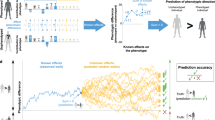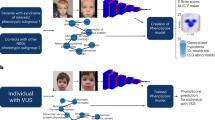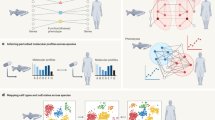Abstract
Phenex is a platform-independent desktop application designed to facilitate efficient and consistent annotation of phenotypic variation using Entity-Quality syntax, drawing on terms from community ontologies for anatomical entities, phenotypic qualities, and taxonomic names. Despite the centrality of the phenotype to so much of biology, traditions for communicating information about phenotypes are idiosyncratic to different disciplines. Phenotypes seem to elude standardized descriptions due to the variety of traits that compose them and the difficulty of capturing the complex forms and subtle differences among organisms that we can readily observe. Consequently, phenotypes are refractory to attempts at data integration that would allow computational analyses across studies and study systems. Phenex addresses this problem by allowing scientists to employ standard ontologies and syntax to link computable phenotype annotations to evolutionary character matrices, as well as to link taxa and specimens to ontological identifiers. Ontologies have become a foundational technology for establishing shared semantics, and, more generally, for capturing and computing with biological knowledge.
Similar content being viewed by others
Article PDF
Author information
Authors and Affiliations
Corresponding author
Rights and permissions
About this article
Cite this article
Balhoff, J., Dahdul, W., Kothari, C. et al. Phenex: Ontological Annotation of Phenotypic Diversity. Nat Prec (2010). https://doi.org/10.1038/npre.2010.4636.1
Received:
Accepted:
Published:
DOI: https://doi.org/10.1038/npre.2010.4636.1



